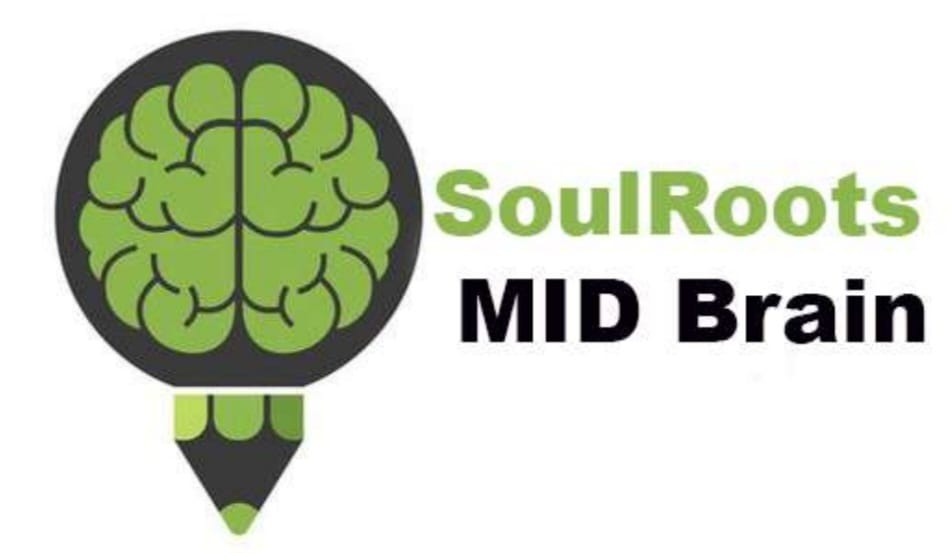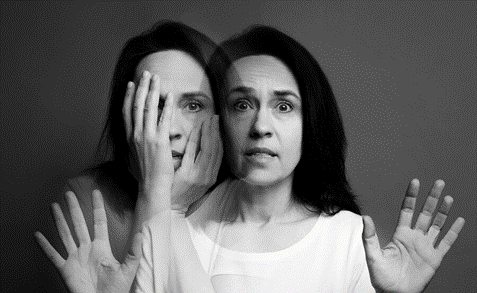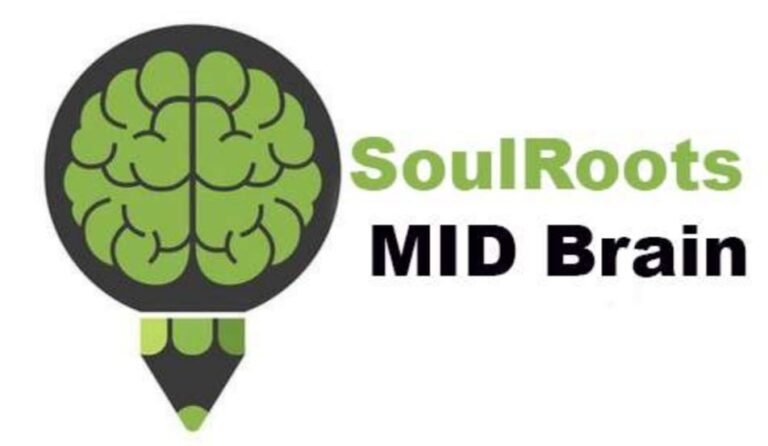What is Bipolar Disorder?
A chronic mental health condition that causes significant shifts in mood, energy levels, and behavior. These shifts can last for days, weeks, or months and can significantly impact a person’s daily life.
Symptoms of Bipolar Disorder
The symptoms can vary, but they generally fall into 2 categories:
Manic episodes
Depressive episodes
Manic Episodes
During a manic episode, a person may experience:
- Elevated mood
- Increased energy
- Decreased need for sleep
- Rapid speech
- Racing thoughts
- Impulsive behavior
- Irritability
- Delusions or hallucinations
Depressive Episodes
During a depressive episode, a person may experience:
- Sadness
- Loss of interest in activities
- Fatigue
- Difficulty concentrating
- Changes in appetite or weight
- Thoughts of death or suicide
Causes of Bipolar Disorder
The exact cause is not known, but it is believed to be a combination of genetic, environmental, and biological factors.
Treatment Options for Bipolar Disorder
There is no cure, but it is manageable with the right treatment. The treatment plan for bipolar disorder typically includes a combination of medication and therapy.
Medication
There are several types of medications that can be used to treat bipolar disorder, including:
Mood stabilizers: These medications help to regulate mood swings.
Antidepressants: These medications can help to treat depression.
Antipsychotics: These medications can help to reduce psychotic symptoms, such as delusions and hallucinations.
Therapy
Therapy can also be a helpful part of the treatment plan for bipolar disorder. There are several types of therapy that can be used, including:
Cognitive behavioral therapy (CBT): CBT helps people to identify and change negative thought patterns and behaviors.
Interpersonal and social rhythm therapy (IPSRT): Helps people to establish and maintain regular routines and social rhythms.
Family-focused therapy (FFT): FFT helps families to understand bipolar disorder and to provide support for the person with the condition.
Managing Bipolar Disorder
In addition to medication and therapy, there are several things that help to manage the condition like,
Regular exercise: To improve mood and reduce stress.
Healthy diet: To stabilize mood and energy levels.
Getting Enough sleep: Important for overall health and can help to manage bipolar disorder symptoms.
Avoiding alcohol and drugs: Alcohol and drugs can worsen the symptoms of bipolar disorder.
Build a support system: Having a strong support system can be helpful for people with bipolar disorder.
Bipolar disorder is a treatable condition. With the right combination of medication and therapy, individuals can effectively manage their condition and lead fulfilling lives. It is important to seek professional help and support if you or someone you know is struggling with bipolar disorder.



